46th Annual Conference of the Australian Association for the Study of Religion
9-10 December 2021
Hope
“The whole of history is about hopes being sustained, lost, renewed,” wrote John Berger, reflecting on the life and work of the poet Nâzım Hikmet. “And with new hopes come new theories.”
In December 2021, the Australian Association for the Study of Religion and the Australian National University invite scholars from across the country and across the world to join us online to reflect upon the significance of hopes sustained, lost, and renewed across religions, theories, cultures, and scholarly disciplines.
Keynote lectures
2021 Freilich Lecture in Bigotry and Tolerance — “Beyond Enmity: Finding Hope in a Time of High Conflict” — presented by Professor Sharon Erickson Nepstad.
We are living in a moment of high conflict and toxic polarization, with tensions exploding over immigration, the global economy, fundamentalist religion and politics, Covid, racial injustice, and other issues. While conflict is an inevitable part of social life, hatred and enmity are not. In this presentation, Dr. Nepstad describes the factors that can cause conflicts to become toxic and destructive. She also discusses how we can find hope in such conditions. Through a comparative analysis of notable peacebuilders – including Mohandas Gandhi, Martin Luther King, Jr., Thich Nhat Hanh, Desmond Tutu and others – she highlights the beliefs and practices that have enabled these individuals to respond to conflict in a way that was transformative and humanizing. Reflecting on these peacebuilders’ views of truth, religion and ideology, and the nature of good and evil, Nepstad shows how this enabled them to break the cycle of historical hatred and chart a different path that moves beyond enmity.
Professor Sharon Erickson Nepstad is Distinguished Professor of Sociology at the University of New Mexico. She has been a Visiting Scholar at Princeton University’s Center for the Study of Religion and at Notre Dame University’s Kroc Institute for International Peace Studies. She is the author and co-author of six books and dozens of articles that focus on social movements, nonviolence and civil resistance, peace studies, and the sociology of religion. She is the 2021 recipient of the Robin M. Williams Jr. Distinguished Career Award from the American Sociological Association’s section on Peace, War, and Social Conflict.
~~~
Brooke Prentis, CEO of Common Grace, will present the annual Penny Magee Memorial Lecture.
~~~
2021 Hans Mol Memorial Lecture in Religion and the Social Sciences — “The Nature of Hope: Models, Measure, and Meta-Theory” — presented by Professor Anthony Scioli.
This talk is divided into three parts. I will begin by introducing an integrative perspective on hope (Attachment, Survival, Mastery, and Spirituality). I will identify some of the real-world implications of neglecting one or more of these four cornerstones of hope. I will follow with a brief review of my empirical research which has focused on the development of assessment tools and the hope-health connection. I will include some recent, yet to be published data on hopelessness, false hope, measures for workplace and prison hope, and Covid. Thirdly, I will describe some of the metatheoretical issues that have yielded a distorted view of hope within psychology. In this final segment, I will expand on a recent critique of hope "science" offered in my recent chapter "The Psychology of Hope: A Diagnostic and Prescriptive Account," available in the open-access volume Historical and Multidisciplinary Perspectives on Hope published by Springer.
Professor Anthony Scioli is a clinical psychologist and Professor at Keene State College, New Hampshire. He received his Ph.D. in Clinical Psychology from the University of Rhode Island and completed fellowships in health psychology (Harvard University) and behavioral medicine (Harvard Medical School). A leading authority on the subject of hope, Dr Scioloi has written two books on the topic, including Hope in the Age of Anxiety (Oxford UP, 2009). He has provided hope-centered training for spiritual care professionals in medical school settings, the Massachusetts Department of Mental Health, and the British Psychological Society. He is co-editor, with Dr. Steven van den Heuvel, of the forthcoming Oxford Multidisciplinary Handbook of Hope.
Submission
We also invite papers and panels on the full range of topics and issues that reflect the diverse fields of specialization, disciplinary approaches, and research interests of scholars of religion.
Through individual presentations and panels, we invite participants to ask how the principle of hope has informed religious belief and practice in the past and present. For while hope has been understood as a Christian virtue, like faith and love, hope has also been seen as deceptive, the ambiguous contents of Pandora’s Box. Hope can even be cruel; following Lauren Berlant’s notion of “cruel optimism,” our hope may be holding us back. Whether spiritual, medical, technological, or political, one person’s hope may also be another person’s fear in our increasingly diverse and unstable societies.
The call for paper is now closed. In keeping with the outcomes of previous ANU religion conferences, a post-conference publication is planned.
Please include relevant affiliation and contact information in a single document. Individual paper proposals may be up to 250 words. Panel proposals should be submitted as a single document with a short abstract for the panel as well as individual abstracts up to 250 words and individual author information. Panels may consist of 3 or 4 participants. Individual presentations will be 20 minutes, plus 10 minutes for questions and answers, panels may be up to 120 minutes in total.
There is no conference fee, however, all presenters will be required to be members of the AASR by 30 November 2021. Members of the New Zealand Association for the Study of Religion are exempt from this requirement.
The conference will be held online, over Zoom, on Australian Eastern Daylight Time (GMT/UTC + 11).
All inquiries may be directed to the ANU Religion Conference Committee at aasrconference2021@gmail.com.

